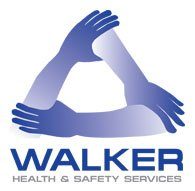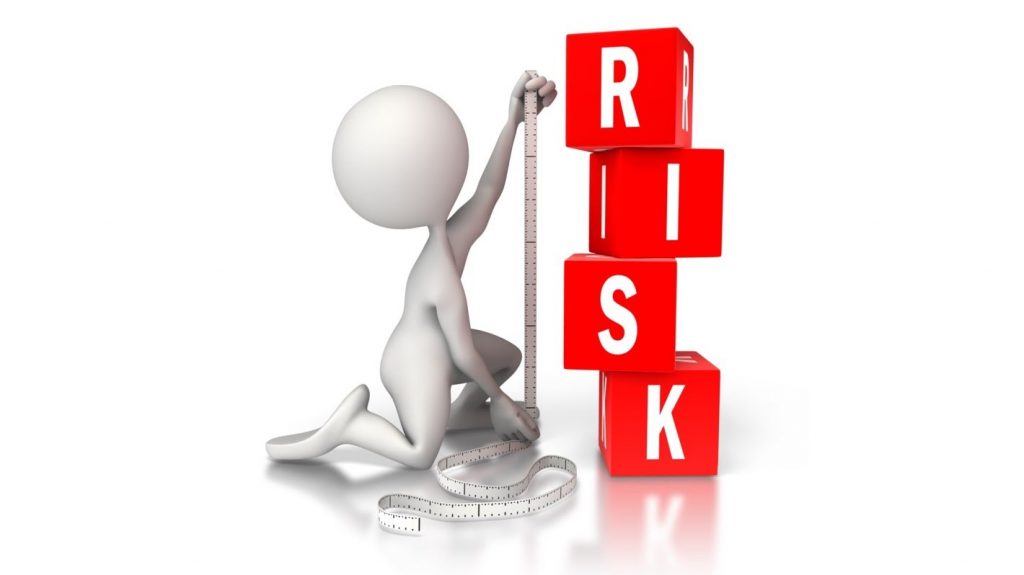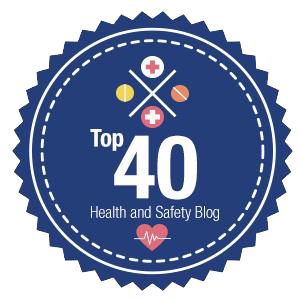How employers can deal with a situation where staff refuse to take the Covid-19 vaccine and/or partake in in-house testing.

Can staff refuse testing and vaccines?
Although a number of Covid-19 vaccines have been approved for use in the UK, the virus remains a present threat, with many employers asking how they can help to reduce the virus’ spread. Workplace Covid-19 testing and vaccine take-up come to mind; but how can employers deal with staff refusals and what might make staff refuse in the first place?
In-house testing
Employers whose staff have returned to work as lockdown rules are eased in the UK may have already begun mass testing their employees for Covid-19, or are thinking about doing so. Mass testing in the workplace can enable employers to spot asymptomatic positive cases of the virus and reduce the possibility of it spreading to other members of staff.
Employers in the position to offer in-house testing may have started encouraging their employees to take the opportunity to have regular testing when it is offered to them. The word “encourage” is emphasised here as it is unlikely that there will be a clause in employee contracts allowing employers to require them to be tested. To enforce it is therefore likely to be an unlawful change to contract terms and conditions.
Having said that, if enforcing in-house testing on staff is not advisable, this means that staff can refuse to be tested if they do not want to be. Perhaps they would prefer to test themselves at home? Some members of staff may find the testing process, of taking throat and mouth swabs, to be very uncomfortable, and others may feel it unnecessary if they are not experiencing any symptoms. In this case employers should attempt to reason with the employees and put the point across to them that the implementation of in-house testing is a crucial one to prevent asymptomatic cases from going undetected, resulting in the continued spread of the virus.
By having in-house testing on offer, employers would be doing their part to ensure that they are safeguarding their employees’ health and safety. However, this would be made difficult if employees are unreasonably refusing to be tested when offered. It may therefore be necessary to keep staff working from home for longer, or implement social distancing in the workplace so that contact is limited between staff members.
Disciplinary action may be necessary, however, as any employee who refuses to be tested runs the risk of unknowingly putting their colleagues’ health and safety at risk. This should be a last resort.
Vaccines
When it comes to vaccines, arguably, the biggest question that many employers will have is whether they can legally oblige their employees to take the vaccine before returning to work. As with testing, the Government has not chosen to make Covid-19 vaccines mandatory, except for the care sector.
The Government confirmed on 17 June 2021 that the vaccine would be compulsory for care home staff and it is estimated that 10,000 care homes will be affected. The law was in place from 1 October 2021 and staff have until 11 November 2021 to get vaccinated, unless they have provided a temporary self-certification exemption form available from the Government. Formal confirmation, via the NHS Covid Pass or presentation of a MATB1 form (for pregnant staff), must be provided by 24 December 2021. From that date, the self-certificated form can no longer be used. Affected staff were given a 16-week grace period to get the vaccine or face being redeployed or lose their job. This only applies to England. Scotland and Wales have confirmed they will not be mandating the Covid-19 vaccine for care home staff.
The Government is also considering making both the Covid vaccine and the flu vaccine mandatory for deployment in other healthcare sectors in England.
For the majority of employers, the most appropriate course of action will be to, again, encourage staff to take the vaccine.
If employees refuse to take the vaccine because they are not contractually obliged to do so, employers should think about sharing information with staff about the vaccine from official sources. This reduces the likelihood of them refusing to take the vaccine because of fears stemming from the spread of false information.
As the vaccine may be seen as much more medically invasive when compared to testing, refusal can result for a number of reasons which should not be disregarded, eg allergies, pregnancy, etc. Employers are therefore not advised to take disciplinary action against employees. Doing this may mean employers risk facing claims of discrimination or unfair dismissal (including constructive unfair dismissal). To deal with this, it may be necessary to, in addition to sending out information from reliable sources, keep staff working from home for longer or test staff at work to reduce the chances of the virus spreading within the workplace.
How a policy might help
To facilitate testing and vaccine roll-out, employers can implement a Covid-19 testing and vaccine policy which employees should have easy access to. The policy should set out why testing at work and the take-up of the vaccine are encouraged, who will manage the testing process (third party/trained staff), where the testing will take place and how, as well as details on how test results will be processed.
What does all this mean?
In-house/rapid testing and the Covid-19 vaccine are big topics which both need to be handled with the utmost care. Although the actions employers take will be similar in both cases, it is important to look at them separately to ensure that they are dealt with appropriately and that, most importantly, they are led by encouragement rather than enforcement.
Rapid and in-house testing as well as the vaccines are not required to be taken-up by law and it is ultimately up to employers to encourage it. That said, unless employers can clearly justify why mandating mass testing and requiring staff to be vaccinated is necessary, it should remain optional.
Enforcing testing in some cases and vaccinations, and disciplining employees who refuse to partake, could lead to costly constructive dismissal or even discrimination claims, unless such an action is justifiable. Discrimination may arise where employees have valid reasons for their refusal which are connected to a protected characteristic under the Equality Act 2010.



 As more clinical data and medical advice becomes available there are both well-established and evolving steps that employers can take to protect the
As more clinical data and medical advice becomes available there are both well-established and evolving steps that employers can take to protect the 






